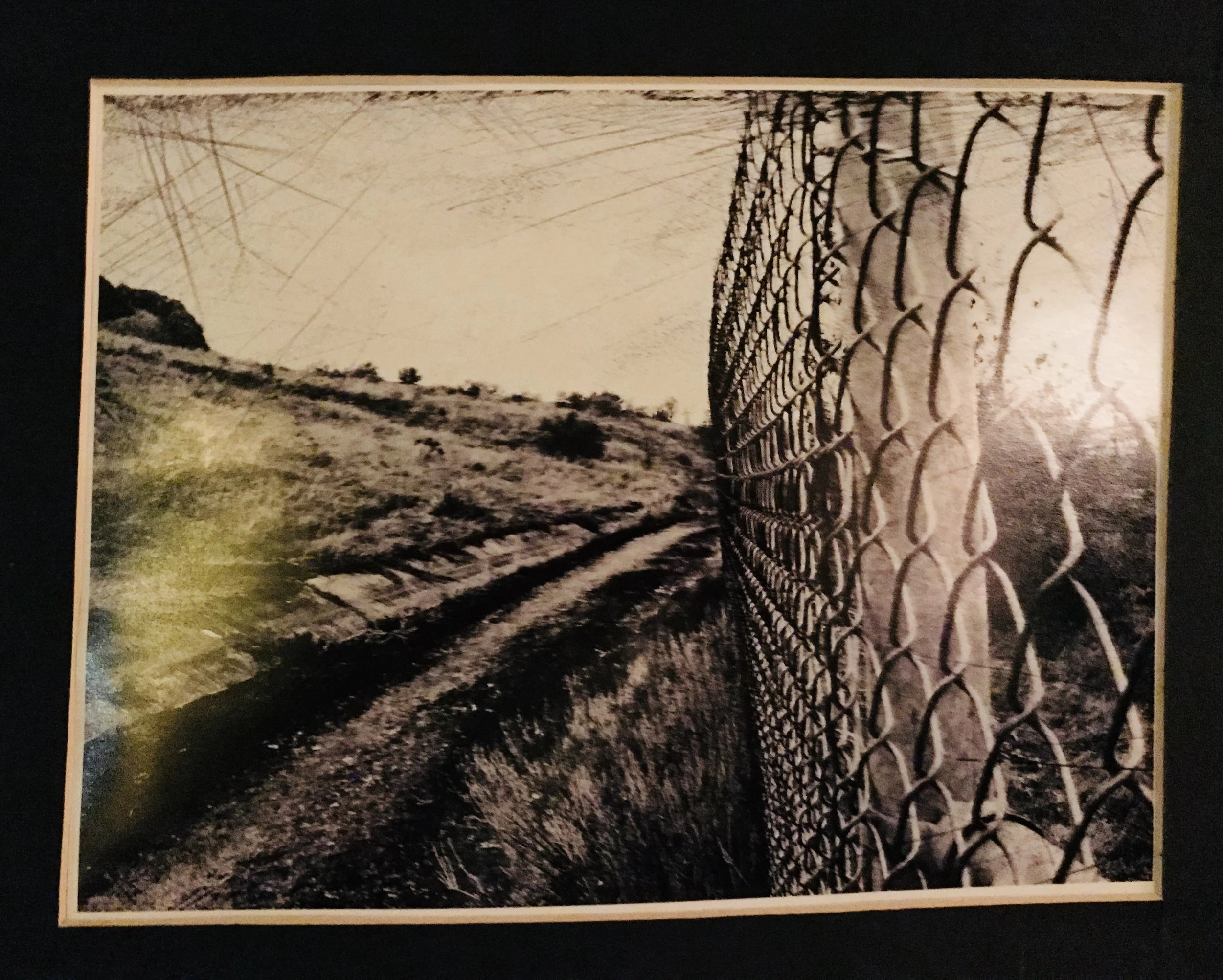Isabelle S.
20559660
As unfortunate as it is, Coffee Creek was probably one of the best lessons I’d had in life about inequality. There is a definite culture to prison life, and it rings of disparity. It’s reminiscent of street life, and followed not only by the women in prison, but by many of the officers as well - particularly the newer ones, and particularly males.
I don’t mean to cast blame for perpetuating patterns. I understand that with particular life choices comes a particular way of staying safe, and this follows almost everyone into prison. What’s more disconcerting is the adoption of these beliefs by the staff members that spend nearly eight-to-nine hours of their day with us. What results is a system that feeds back to us the same message we’ve heard most of our lives (if you’re like most anyone who ends up in prison): You’re worthless, you’ll amount to nothing, and you’re here because you don’t know better and you can’t know better.
It’s not like these statements are directly said, for the most part. But they’re followed. It happens in the way we as women are spoken to, and the way we are spoken about. It’s my personal opinion that this can be one of the most debilitating aspects of incarceration: It forces someone to spend years in an environment in which they are treated no differently than they were on the streets, and in which support is mainly offered by its unpaid volunteers ... but rarely by its own staff.
I don’t want to be unfair - there are some amazing officers and other staff who have worked there for years, who care and know how to work their jobs properly. As usual, they’re too few for the overwhelming number of both inmates and assorted new officers.
Spending time in Coffee Creek, I experienced what many women thought about themselves through the ways they behaved, and the ways they were treated (myself included). I got to see the very real way that life was lived by other people, and I started to understand just how much of a life-and-death battle it really can be. I was able to see firsthand how choices no longer become choices, and what loneliness and raw need can do to us. I got to see what humanity is like under pressure. It’s important, and fragile, and part of every human life, but it remains within a very broken system.
It cut something open in me. I know there are other truths to be learned, and perspectives to see. Prison is seen as the underbelly of society - if so many of us can be locked away and treated with such disrespect, what does this say about the rest of us?
The writer underwent two years at Coffee Creek Correctional Facility in Oregon, convicted for charges directly related to an active drug addiction.





